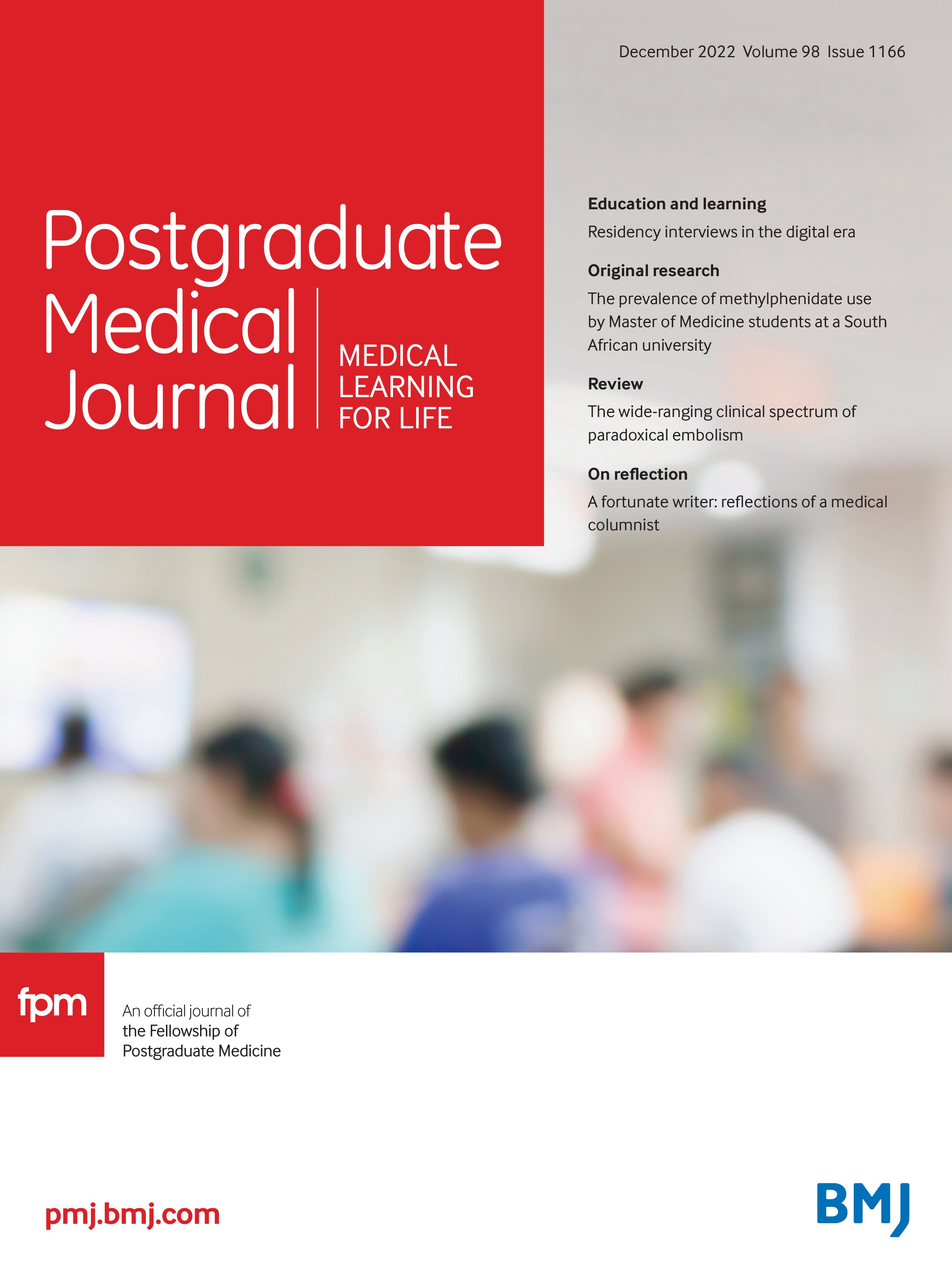Background
Teaching surgical skills is demanding and often challenging. Early during the 20th century, Dr William Halsted embraced Dr Osler’s concept of bedside rounds leading to a significant transformation in surgical training, where training moved from apprenticeships to a more formal, curriculum-based training programme and whereby trainees received increasing responsibility with each advancing year.1 In the 21st century, surgical training has been completely revolutionised by advances in medical knowledge and technology. Surgical educators and programmes are continuously working on improving training quality and outcomes. Hence, surgical education may evolve and adapt to variables that may alter training. For example, residents have work-hour restrictions, expect structured directives, and seek complete clarity of expectations. As part of this change in surgical education, structured training and mentorship are becoming a vital aspect in a resident’s training.2 While training faculty are commonly looked at as the model to follow, learn from and provide feedback critical for residents,2 a common issue in training surgical skills is indoctrination by the mentor. With this model of preceptorship, mentors frequently instruct their trainees to imitate them in surgical skills. Hence, trainees are expected to show learning through imitation. Trainees can be criticised if they deviate from the taught approach; therefore, trainees learn the same techniques, approaches, skills and applications that their mentors use. They often miss out on alternative ideas, strategies, techniques and sometimes even the rationales behind what they do. Therefore, understanding of the underlying foundation and reasoning, alternative approaches and other applications becomes unpredictable. Fortunately, this approach of training is becoming less popular, especially as residency training programmes become more structured with many faculty and surgeon educators. Consequently, trainees’ and learners’ cognitive learning, application, analysis, evaluation and innovation skills will be limited in a preceptorship approach. Therefore, an alternative approach to training surgical …


